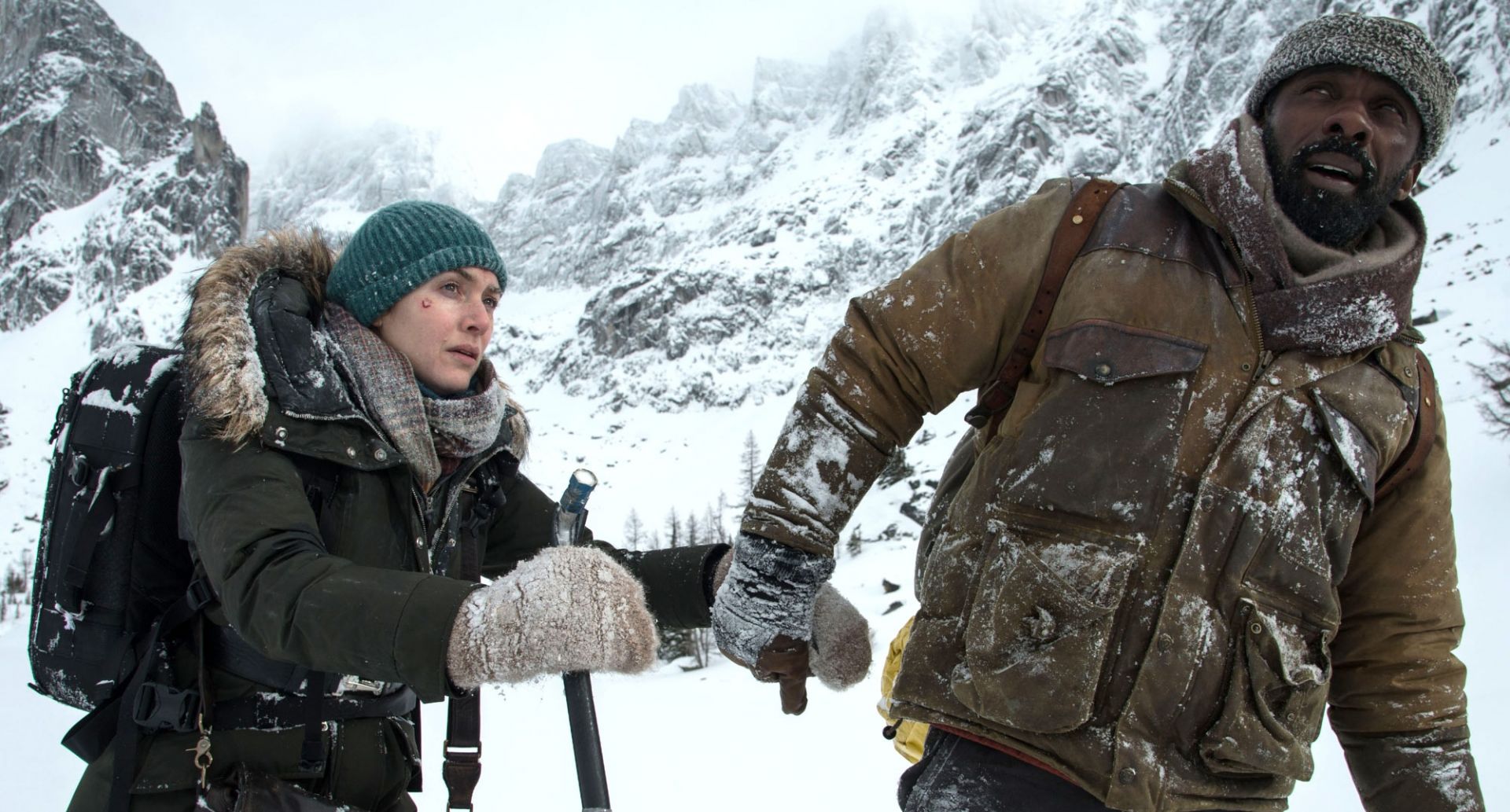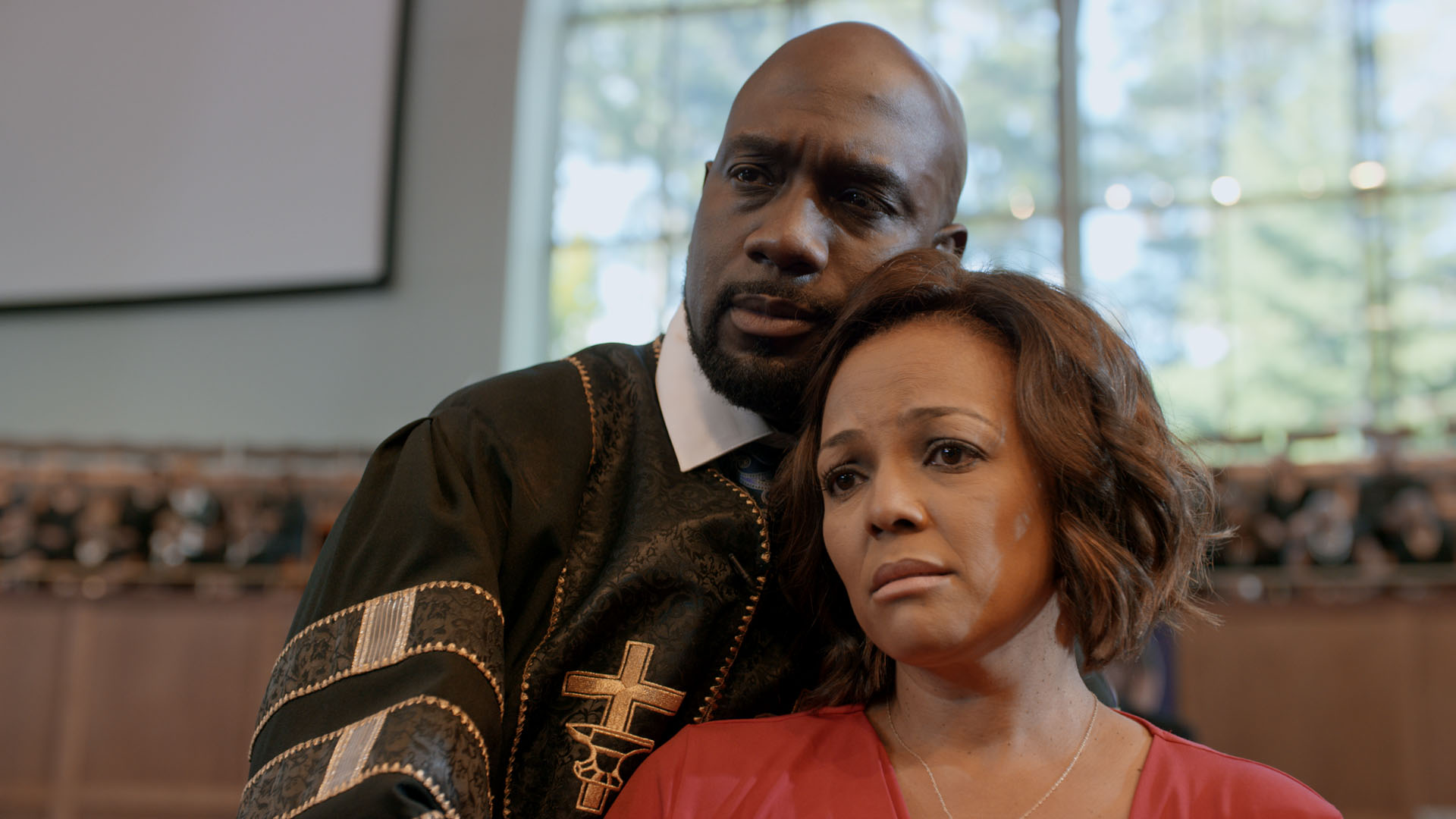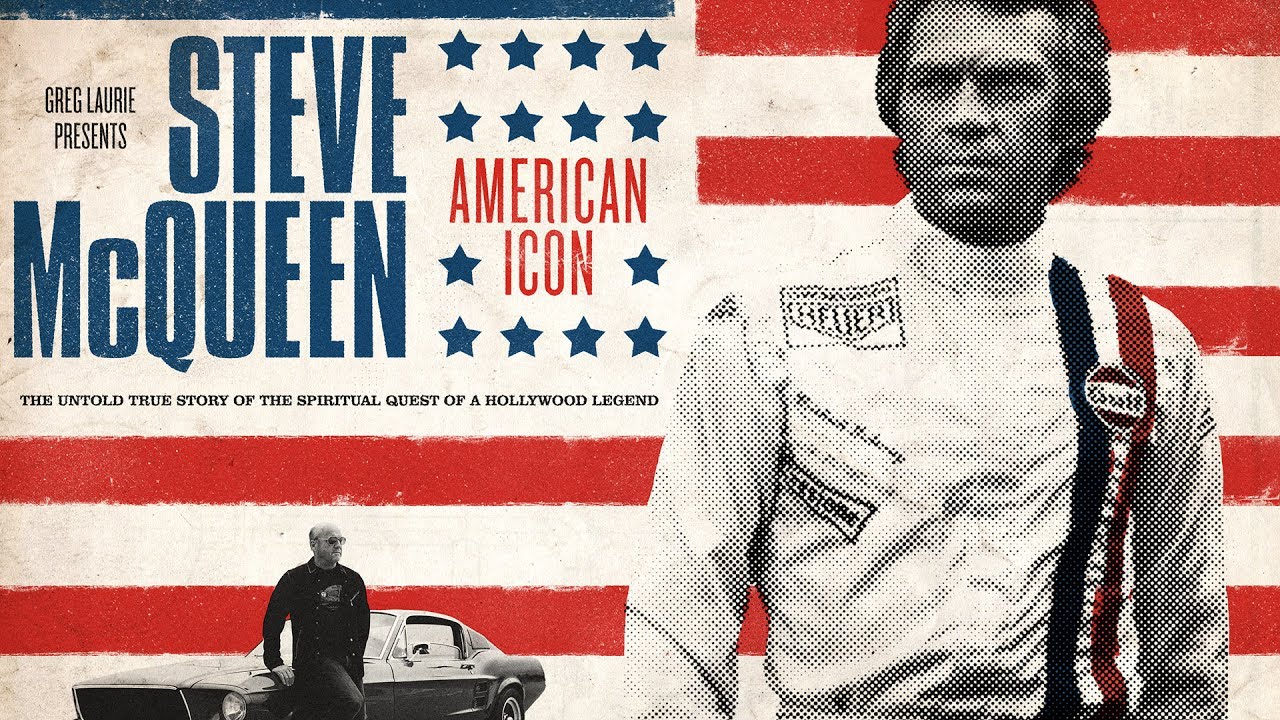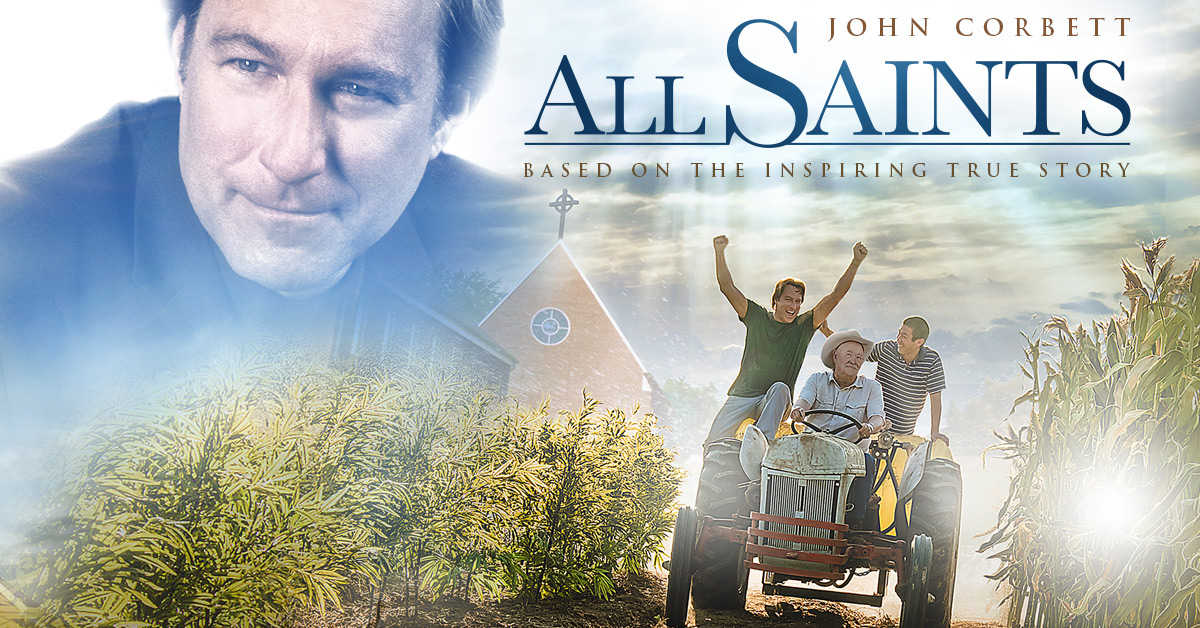
by Michael Foust | Oct 6, 2017
Alex is a 40-something woman stranded in an airport, desperately trying to find an available flight so she won’t miss her wedding the next day. Ben, too, is stranded, and, as a neurosurgeon, needs to get home so he won’t miss a critical appointment at the hospital.
And with a major snow storm approaching, all hope seems lost.
Alex, though, has a solution: She will pay the pilot of a small private plane to take her to the nearest commercial airport, which has plenty of available flights. And she will get Ben – a total stranger – to split the bill. Brilliant, right? Well, not really.
The problems begin when the pilot flies into the storm. Then, he has a stroke. Then, the plane crashes on top of a snow-capped mountain – miles and miles from civilization in the Idaho wilderness. It kills the pilot, but Alex and Ben survive. Can they find enough food and withstand the harsh elements until they find civilization?
The Mountain Between Us (PG-13) opens this weekend, telling the story of two strangers who must fight for survival despite their vast differences. It stars Idris Elba (Prometheus, The Dark Tower) as Ben and Kate Winslet (Titanic, Revolutionary Road) as Alex, and was directed by Hany Abu-Assad, who also helmed the 2005 Oscar-nominated film Paradise Now.
Alex is a white American, and Ben a black Englishman, but their differences go much deeper. She, of course, is engaged; he was married years ago. She’s spontaneous and wants to search for help; he’s cautious and wants to wait at the crash site. She’s a photographer with an artistic view on life; he’s a surgeon with an analytical mind.
The Mountain Between Us is enjoyable as a survival film, although it has a few major content problems that might cause some moviegoers to stay at home.
Warning: spoilers!
Violence/Disturbing
Minimal. The crash is intense but not gory. Ben suffers an abdominal wound; Alex has cuts to the face and a broken leg. Later, one character nearly falls off a cliff. A cougar threatens another character. Finally, Alex nearly drowns in the frigid water.
Sexuality/Sensuality/Nudity
Moderate. Their predicament leads to some awkward moments. Needing to urinate but unable to loosen her pants due to her broken leg, Alex requests the help of Ben. Nothing is seen, and it remains non-sexual. Later, they joke about her “fancy underwear.” The movie’s most problematic moment takes place after they find an abandoned house at the bottom of the mountain. There, they kiss and make love in a bedroom scene that borderline ruins the movie, even if it doesn’t contain nudity (although we see plenty of skin).
Coarse Language
Excessive. I counted 18 coarse words, many of them profane: misuse of “Jesus” (5), OMG (3), s—t (3), misuse of “Jesus Christ” (2), misuse of “God” (1), f-word (1), d—n (1), a—(1), h-ll (1).
Other Positive Elements
Ben’s beliefs about marriage are admirable. We learn that his wife died two years ago, yet he has continued to wear his wedding ring out of a sense of commitment. The film’s final minutes further highlight his beliefs about marriage, when he says he refused to take a phone call from a suiter because he thought she was married.
Ben also says of the human body’s ability to cope in cold weather: “It’s quite ingenious what God did.”
Other Negative Elements
Hollywood creates dozens if not hundreds of movies each year with a simple premise: Follow your heart. The Mountain Between Us is another such film. Scripture, of course, urges us to align our heart with God’s will (Prov. 3:5). Why? Because the heart is wicked (Jer. 17:9).
Life Lessons
The Mountain Between Us provides plenty of lessons about the human will to survive. Facing sub-freezing conditions with no food and water, each day they find a reason to keep living.
The movie also spotlights unselfish actions. She urges him to go find help and leave her behind, but he refuses, knowing she might die. In fact, several times he chooses to risk his own life to keep her safe.
Worldview
God created humans with the will to survive during physically challenging times, but He also equipped us with the gifts to do so. Think about it: Animals can’t make a fire or cook food. They can’t build snowshoes and sleds. But God gave people the knowledge to survive in the harshest of conditions – from frigid cold to desert heat. That’s not true of any animal. Take out the objectionable content, and The Mountain Between Us is a fascinating exploration of mankind’s incredible ability to cope and survive. Our bodies even adjust! Ben said it best: “It’s quite ingenious what God did.”
What I Liked
The mountain scenes (it was filmed in British Columbia) and the survival story (there are plenty of surprises). The ending was pretty good, too.
What I Didn’t Like
The language and the bedroom scene. Why can’t Hollywood make a romantic movie without tossing in a sex scene? It is possible to fall in love without immediately hopping in the bed. Scripture says as much – and commands it. Honestly, the movie lost its momentum from that point forward.
Family-Friendly?
The Mountain Between Us is not suitable for children. As for teens? Families will reach different conclusions, but the bedroom scene will cause many parents to squirm (or get up and walk out). It might be best to wait for the DVD.
Discussion Questions
- Why do you think Ben kept wearing his wedding ring?
- What would you have done if you were in Ben’s position when he was trying to survive? In Alex’s position?
- Do you think Alex should have married Mark?
- Ben said the “heart is just a muscle.” Was he right or wrong?
- What makes humans different from animals in a survival situation?
- Did you like the ending? Why or why not?
Entertainment rating: 3 out of 5 stars. Family-friendly rating: 2 out of 5 stars.
The Mountain Between Us is rated PG-13 for a scene of sexuality, peril, injury images, and brief strong language.

by Michael Foust | Sep 29, 2017
David Newman is a middle-age associate pastor of a booming megachurch who lives with one motto: Trust God in all circumstances. And thus far, it seems God has blessed him for his faith. Newman has a beautiful family. He has a nice home. He even is set to take over for his father as senior pastor.
Then, tragedy strikes. His 12-year-old son, Eric, is injured badly after being hit by a teen driver who was texting. Newman blames himself – that’s because he was late in picking Eric up from school – but he also blames God. Why didn’t God protect his son? After all, hadn’t Newman lived a faithful, Christ-centered life worthy of God’s protection?
It’s all part of A Question of Faith (PG), which opens in about 660 theaters this weekend and follows the stories of three families whose lives intersect when all of them are faced with trials. It is being released by the Christian film company Pureflix and features a multicultural cast with several mainstream actors and actresses, including Richard T. Jones (Godzilla, Judging Amy) as Newman; Kim Fields (The Facts of Life) as Newman’s wife, Theresa; and C. Thomas Howell (The Amazing Spiderman, E.T.) as John Danielson, the head of a construction company. Actor T.C. Stallings of War Room and Courageous, and Christian recording artist Jaci Velasquez also have roles.
A Question of Faith is a good-but-not-great faith movie that delivers several significant themes and lessons rarely seen on the big screen. The only problem: It’s impossible to discuss them without spoiling the plot.
So if you want to watch this one and be surprised, stop reading now!
Warning: Major spoilers
Violence/Disturbing
Minimal. The screen cuts away before Eric is hit by the car, although it is obvious what happens. We then see him in the hospital hooked up to tubes. We also see the teen driver – crying and scared – in jail. Eric eventually dies, and we experience his funeral and his family grieving.
Sexuality/Sensuality/Nudity
None.
Coarse Language
None.
Other Positive Elements
A Question of Faith gives us several examples of devoted parents, including Newman, his wife, and Velasquez’s character (the mom of the teen driver). Early in the film when Newman is trying to get out of a meeting to pick up his son he says, “I know to most people a kids’ basketball game is not as important as a huge construction project, but to a father, it should be.”
Newman is an African-American pastor of a predominantly black church, and the spirit-filled music provides one of the film’s highlights (more on that below).
Additionally, the filmmakers should be applauded for weaving together a story that includes a black family, a Latino family and a white family – the three main families in the story.
Other Negative Elements
None.
Life Lessons
A Question of Faith gives us three major themes/lessons: texting while driving, organ donation, and dealing with the loss of a child.
No doubt, some critics will laugh off a faith-based “anti-texting film,” but it’s tough to do so when looking at the on-screen consequences: a dead child and a grief-stricken family. And it’s not just in the movies. I did a quick Google search and found multiple examples of deaths by drivers who were texting. It made me never want to text and drive.
Other lessons involve prayer, regret, forgiveness, compassion and racism.
Worldview
Trusting God is easy when life is great — when you’re on the mountaintop. But when you’re facing tragedy, especially following the surprising death of a loved one, it can be a lot tougher. That’s what Newman discovers.
“This can’t be God’s plan. He’s only 12,” he says.
He is angry at God and wants specific answers, but they never come. As the father of four young children, I cried while watching him grieve.
Thankfully, though, those around him don’t give up on him. His wife counsels him, and his parents do, too. He does learn to trust God again, even if it is tough. And they do discover purpose in Eric’s death.
Family-Friendly?
A Question of Faith is family-friendly, although little ones may be troubled by the death of a child and the father’s doubting of his faith.
What I Liked
Actor Richard T. Jones is solid as Newman, and actress Kim Fields turns in a nice performance, too. Stallings also does a fine job. This doesn’t mean that all the acting is great (it’s not), but for most of the lead roles, it’s pretty good.
I also enjoyed the solos and the church choirs. Music plays a prominent role. The church services seem real, not fake.
What I Didn’t Like
A Question of Faith tries to make too many points and touch on too many issues. Simpler would have been better. There also are a few awkward moments, including the movie’s final scene, which was either powerful, or odd, or both. I’m still not sure.
Thumbs Up … Or Down?
It’s not a great film, but it’s not a bad one, either. Thumbs up.
Discussion Questions
- What is the “recipe” for peace in the midst of grief? How do we achieve it?
- Do you ever text and drive? Do you think it’s dangerous? Did the movie change your opinion of texting while driving?
- What is your view of organ donation?
- Would you have forgiven the driver, as Newman did?
- Are businesses always blessed if they put God at the center?
Entertainment rating: 3 out of 5 stars. Family-friendly rating: 4.5 out of 5 stars.
A Question of Faith is rated PG for thematic elements.

by Michael Foust | Sep 23, 2017
Lloyd is just an average high school teenager trying to find his place in life. Except that, well, his life is anything but average.
When he’s not at school or at home he’s the Green Ninja, a masked character who teams up with a cadre of other ninjas within the Secret Ninja Force to protect their beautiful home city of Ninjago. Their main nemesis is Garmadon, a strange-looking and bombastic villain who lives across the sea on a volcano island and who regularly leads his army of evildoers to invade Ninjago.
The ever-confident ninjas always repel Garmadon, but lately he has been growing more determined and more cunning. Is it possible that Ninjago will soon fall?
Oh yeah, did we mention that Lloyd is the son Garmadon never knew – and that Garmadon hasn’t seen him since he was merely a few months old?
It may sound like a soap opera, but it’s at the heart of The Lego Ninjago Movie (PG), which opens in theaters this weekend and is the third release in the Lego film franchise. It also is the first movie based on an original Lego property.
It stars Dave Franco (21 Jump Street) as Lloyd, Justin Theroux (The Girl on the Train) as Garmadon, and Jackie Chan (Rush Hour) as Lloyd’s teacher, Master Wu.
Like the first two Lego films, Ninjago combines a series of solid life lessons with plenty of age-appropriate humor that will have even mom and dad laughing. Still, it’s not perfect. Let’s examine the details.
Warning: Spoilers!
Violence/Disturbing
Minimal. We see several Lego-style, bloodless battle scenes and ninja fights. One major Lego character loses his right arm, but it’s reattached. The ninjas find themselves in a graveyard with skeletons and in a couple of dark scenes that might frighten very sensitive children.
Sexuality/Sensuality/Nudity
Minimal. We see a handful of female Lego characters in block-style bikinis. Garamond, who has four arms, turns around and hugs himself while saying, “I look like I’m making out with two people.”
Coarse Language
None, other than butt (7), oh my gosh (5) and butt dialed (1). Kids around me were laughing a lot at the “butt jokes,” so be prepared.
Other Positive Elements
Lloyd’s mother truly loves her son and tries to protect his emotions when they talk about his father (They live separately from Garmadon).
Garmadon and Lloyd reconcile toward the end.
Other Negative Elements
Garmadon’s indifference toward Lloyd – and the pain it causes – can be difficult to watch. Dressed up as the Green Ninja, Lloyd tells Garmadon that he always wanted a father to teach him how to throw a ball, ride bikes, and shave. Confused and not knowing who the Green Ninja is, Garmadon makes fun of Lloyd.
When Lloyd’s identity is revealed and he says his absent father ruined his life, Garmadon responds, “How can I ruin your life? I wasn’t even there.” Lloyd replies, “I wish you weren’t my father.”
Life Lessons
The best animated films have a theme and provide solid life lessons. Thankfully, The Lego Ninjago Movie does all that, giving us a story about the importance of fatherhood and reminding us it’s never too late to redeem lost time. It also tosses us lessons about regret and forgiveness, and about choosing the right path in life.
Worldview
Lego Ninjago takes place within an ancient ninja worldview. That means we are given hints of Buddhist thought, thanks to Master Wu. A ninja’s power, we learn, comes from an energy in all living things, and yet it is “inside of you,” too. This spiritual angle is a minor part of the film, but it might be worth a post-movie discussion.
Sponsors
McDonald’s will serve Ninjago Happy Meals through Oct. 9.
Family-Friendly?
I took my 9- and 5-year-old kids to this one. With only a few cautions, it’s family-friendly.
What I Liked
It’s truly funny and contains humor aimed at kids and adults (while staying in kid-friendly territory). I heard many parents laughing.
What I Didn’t Like
I’m not a fan of potty humor. Fewer butt jokes, please.
Thumbs Up … Or Down?
A humorous story that promotes fatherhood? That’s definitely a thumbs up.
Discussion Questions
- Did Lloyd hate his father? Love his father? What led him to reconcile? What helped him forgive his father?
- Is it ever too late to make up for lost years? How do we look forward with hope instead of backwards with regret?
- Why did Garmadon choose his career over his family? Do you think he had regrets through the years?
- What problems in modern society are cause by absent fathers? And, are there any problems in society not caused by absent fathers?
Entertainment rating: 3.5 out of 5 stars. Family-friendly rating: 4 out of 5 stars.

by Michael Foust | Sep 15, 2017
He was the “king of cool,” the highest-paid actor in the world, and the idol of moviegoers from coast to coast. Some even called him the next John Wayne.
But for Steve McQueen – who starred in more than 30 films and 20 TV series during the 1950s, ‘60s and ‘70s – it wasn’t enough. Fame didn’t satisfy him. Neither did women, motorcycles or cars.
In fact, McQueen didn’t find inner peace until the final months of his life, when he accepted Christ and had plans to tell the world about his new-found faith. But that public testimony never came, as McQueen died in 1980 at the age 50 following a bout with cancer, having told only a handful of people how Jesus had saved him.
A new documentary may change how we view McQueen. Called Steve McQueen: American Icon, it follows his journey from a troubled youth to Hollywood stardom and then tells us the rest of the story – that is, how McQueen converted to Christianity. It is hosted by Greg Laurie, a lifelong McQueen fan who serves as the senior pastor of Harvest Christian Fellowship in Riverside, Calif. Jon and Andrew Erwin (Woodlawn), along with Ben Smallbone (Priceless), directed it.
It is scheduled to show in theaters only two nights (Sept. 28 and Oct. 10), and is one of the most powerful and inspiring documentaries I’ve ever seen. It’s also one that churches easily can get behind (There’s no language or sexuality).
“The only time he was truly happy was when he became a born-again Christian,” Marshall Terrill, the author of “Steve McQueen: The Salvation of an American Icon,” tells Laurie in the film.
McQueen’s pastor agrees: “There was a peace. There was a calmness” in McQueen.
Laurie also interviews McQueen’s wife (model Barbara Minty McQueen), actor/director Mel Gibson, stuntman Stan Barrett, and even the pilot who taught McQueen how to fly.
McQueen had a difficult childhood. Both parents were alcoholics, and he bounced back and forth between family members before he was sent to a reform school for boys with behavioral problems. He took an interest in acting partially because of his desire to meet women. Acting was therapeutic, providing an escape from his past and allowing him to pretend to be someone else.
His first hit was the television show Wanted: Dead or Alive (1958-61), and his first big-time movie The Blob (1958). He earned his reputation as a tough guy with a series of western and action films, including The Magnificent Seven (1960), The Great Escape (1963) and Bullitt (1968). His final hit was The Towering Inferno, the top grossing film of 1974.
McQueen seemingly had everything. He was the highest-paid actor in the world and even dated a girl who – get this — dumped Elvis to date him. Yet toward the end of his life, McQueen dropped out of Hollywood and turned down major acting roles, sensing something was missing from his life. He finally found it thanks to a series of providential encounters: one with a Christian on the set of a film (who gave him a copy of C.S. Lewis’ “Mere Christianity”) and the other with a pilot who was teaching him how to fly. McQueen was attracted to the inner peace he saw in Christians.
During the final hours of his life when he was awaiting a risky surgery he even met Billy Graham, who gave McQueen his personal Bible.
Steve McQueen: American Icon is Ecclesiastes on the big screen: A man obtains fame and fortune and then reaches the end of his life and proclaims: All is vanity.
McQueen’s discovery is one that all of us need to hear.
Steve McQueen: American Icon is unrated. It contains no language or sexuality, and only minor violence through McQueen’s movie clips.
Entertainment rating: 4 out of 5 stars. Family-friendly rating: 4.5 out of 5 stars.

by Michael Foust | Sep 8, 2017
Michael Spurlock is a pastor trying to find his footing at a new church, a tiny country congregation in Tennessee.
But the first few months haven’t been, well, rosy.
He took the position within the diocese under the agreement that he would close the struggling church – which has roughly 12 members – and sell the land. His assignment grew more difficult when dozens of poor refugees from Southeast Asia began attending.
“What do you think will happen to them when we leave?” his worried son asks.
Spurlock doesn’t know the answer, but he refuses to let the refugees starve. Then one night while strolling through the church property, he senses a word from God.
“God spoke to me,” he tells his wife. “He wants us to turn the land around the church into a farm.”
The goal: use the refugees’ farming skills to grow crops, which then can be sold to fund the church and to feed the people.
It sounds like a good plan, but will it work? And will the diocese agree to allow it?
The faith-based film All Saints (PG) is entering its third weekend in theaters and follows the true story of an Episcopal pastor whose church took in dozens of refugees nearly a decade ago and made national headlines for his unique strategy of turning the church’s fields into farmland. It stars John Corbett (My Big Fat Greek Wedding) as Spurlock and Cara Buono (Stranger Things, Mad Men) as his wife, Aimee. Comedian Chonda Pierce also has a role.
The movie spotlights the plight of the Karen refugees who fled Myanmar (Burma) due to a lengthy civil war that has killed hundreds of thousands of people.
Let’s examine the details …
Warning: spoilers!
Violence/Disturbing
Minimal. A misunderstanding leads a police officer to hit someone. We also hear about the Myanmar civil war.
Sexuality/Sensuality/Nudity
None.
Coarse Language
None, other than a “screwed,” “crap” and a “sucks.”
Other Positive Elements
Michael’s desire to help the Karen people is inspiring. Standing in front of a luncheon of town leaders, a frustrated Spurlock tells them, “How can you sit there chewing on $30 steaks and let people starve?”
Yet in the end, his family and most members of the church – including a bullheaded man named Forrest – agree to help the Karen people.
Other Negative Elements
Nothing.
Life Lessons
All Saints forces us to confront some uncomfortable questions: Are we truly willing to help those who look different than us? Would we help the needy if doing so risked our financial security and potentially our careers – not to mention our personal comfort? Do we treat refugees as Jesus would treat them?
Worldview
Scripture tells us to “count others more significant” than ourselves (Phil. 2:3). That’s counter-cultural in our me-first society, but it’s the theme of All Saints.
The refugees were Christians, having landed in Spurlock’s church because they were members of an Anglican congregation back home. (The Episcopal denomination is the U.S. branch of the Anglican body.) “We don’t choose who God sends to our door,” he tells diocese officials.
All Saints is a God-centered story with a happy ending, but it also tosses us a theological curveball when the church’s farm floods. “If God wanted you to plant the crops, then why did He flood them?” Spurlock’s son asks. Spurlock answers, “I don’t know, son.” I don’t know, either, although it’s easy to come up with a few guesses by watching the film’s conclusion.
Family-Friendly?
This one is clean enough for the entire family. Of course, whether it will keep the interest of little ones is a different issue. I’m confident that my 9-year-old son would enjoy it. But my 5-year-old daughter? Probably not.
What I Liked
Corbett does a fine job in his role as Spurlock. I also enjoyed the interaction between Spurlock and Forrest. Finally, Chonda Pierce is (not surprisingly) funny.
What I Didn’t Like
All Saints, like a lot of faith-based movies, is too long. Some of the acting by secondary characters is clumsy, too. Yet those minor problems are overshadowed by solid performances from others and by the message.
Thumbs Up … Or Down?
Thumbs up.
Discussion Questions
- What did Jesus mean when He said to help “the least of these” (Matt. 25:40)?
- What would you do if dozens of refugees showed up at your church?
- Are we more, or less, likely to help people who look different from us? Why?
- From a biblical perspective, when are we required to help refugees? Is such help always mandatory?
Entertainment rating: 3.5 out of 5 stars. Family-friendly rating: 4.5 out of 5 stars.
All Saints is rated PG for thematic elements.




